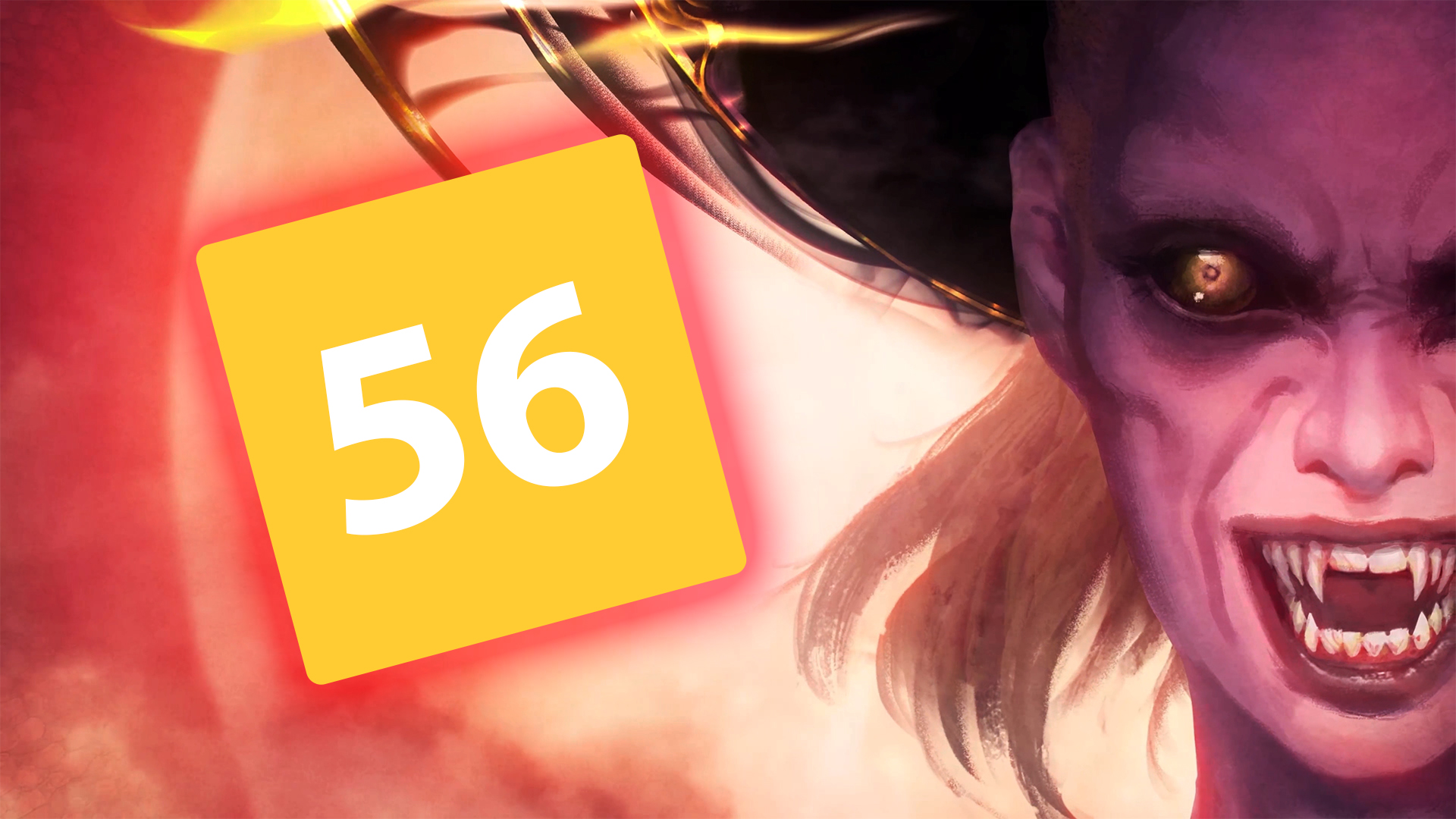
It's been a rough few weeks for Xbox. Between the CMA blocking Microsoft's proposed acquisition of Activision/Blizzard/King in the UK and the critically panned release of Xbox's first $70, current-gen only, AAA exclusive – Redfall – optimism surrounding the platform has taken a significant blow. These recent negative developments have entirely overshadowed the Developer_Direct and the team's commendably positive start to 2023.
While it's clear Microsoft is battling to regain players' confidence and correct the messaging mistakes of the past with upcoming events like the Xbox Games Showcase and Starfield Direct in June, the limited output from Xbox first-party in 2022 unquestionably amplified the pressure and expectations facing the high-profile release of Redfall. Unfortunately, famed developer Arkane Studios' horror-themed open-world looter shooter fell markedly short of many fans' hopes.
Following the unenthusiastic launch of Redfall, gaming community members have disappointingly celebrated this project's 'failure.' From critics blaming Microsoft for forcing Arkane to chase games-as-a-service trends to players dismissing the entire offering as 'unplayable trash,' a contingent of commentators truly want you to believe Redfall is the worst game ever made. I won't pretend to ignore the genuine faults and glaring problems with this shooter's execution or proclaim that it's actually a great game. Still, there are excellent ideas and moments of greatness worth celebrating.
The reception of Redfall
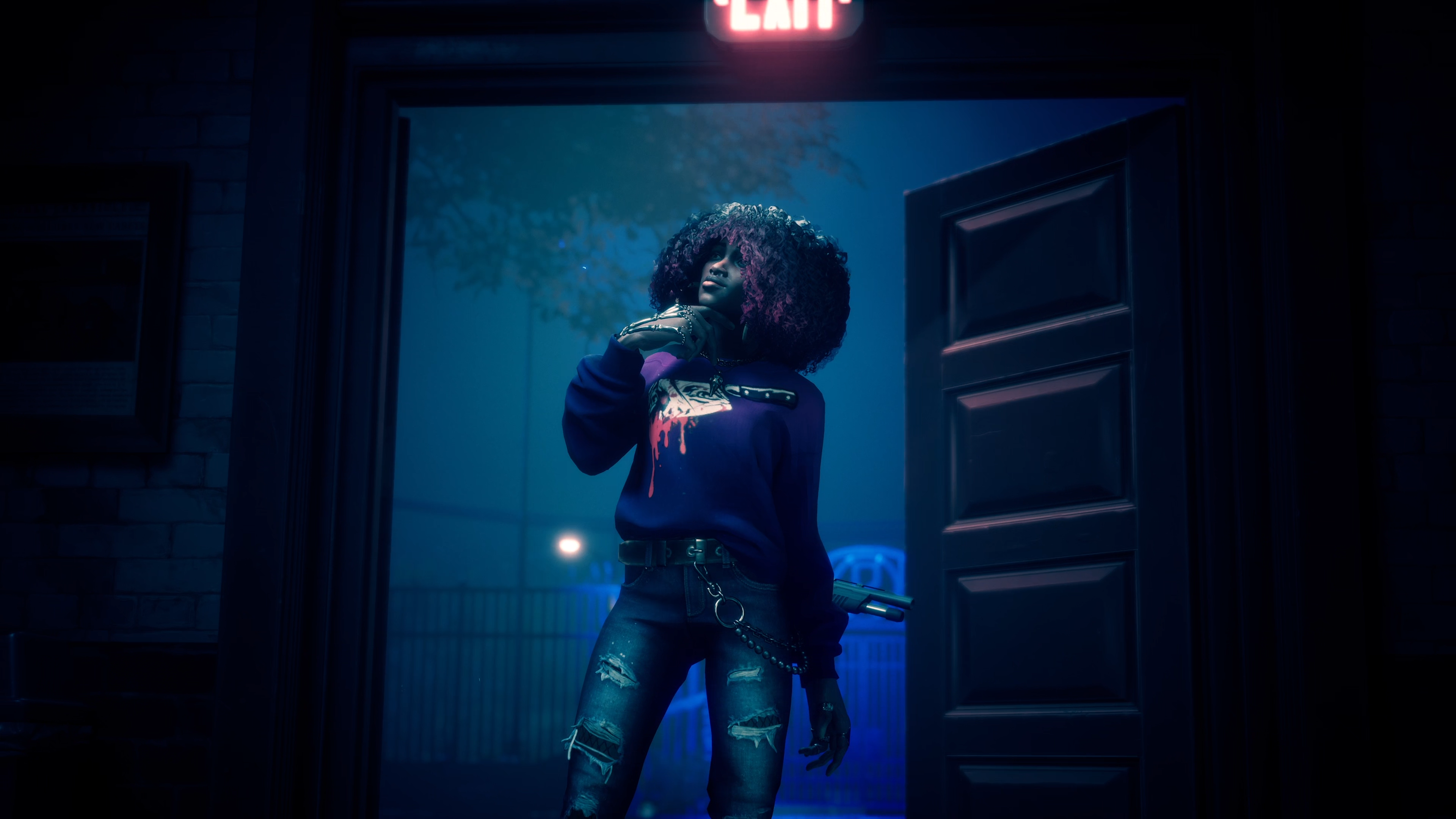
If you've had the distinct pleasure of disconnecting from social media recently, you might be unaware of the unfavorable opinions and scathing criticisms confronting Redfall. However, if you're like me and spend far too much time online, you've likely been inundated with 'Brutally Honest Reviews' and salacious hot takes about what went wrong with Arkane's open-world experiment.
As it stands, Redfall is currently at a 59 Top Critic Average on OpenCritic, the 14th worst-reviewed game of all time on Steam, and resting just above a 2-star review rating on the Microsoft Store. In a landscape where review bombs and disingenuous user scores are increasingly commonplace, these metrics can often be skewed in ways that don't fairly represent the experience. That being said, fans and critics agree that Redfall suffers from various technical and fundamental troubles.
Sadly, the evident problems in Redfall have created a black hole sun, eclipsing any worthwhile conversations about what Arkane got right.
In our Redfall review, we highlighted the underbaked RPG layers, lifeless open world, and baffling texture rendering issues. I've also publicly shared my disappointment with the game's performance on Xbox Series X, its lack of overall polish and production, and meager loot systems. Conversely, we also praised the overarching narrative and outstanding surrealist atmosphere. Sadly, the evident problems in Redfall have created a black hole sun, eclipsing any worthwhile conversations about what Arkane got right.
What Redfall gets right
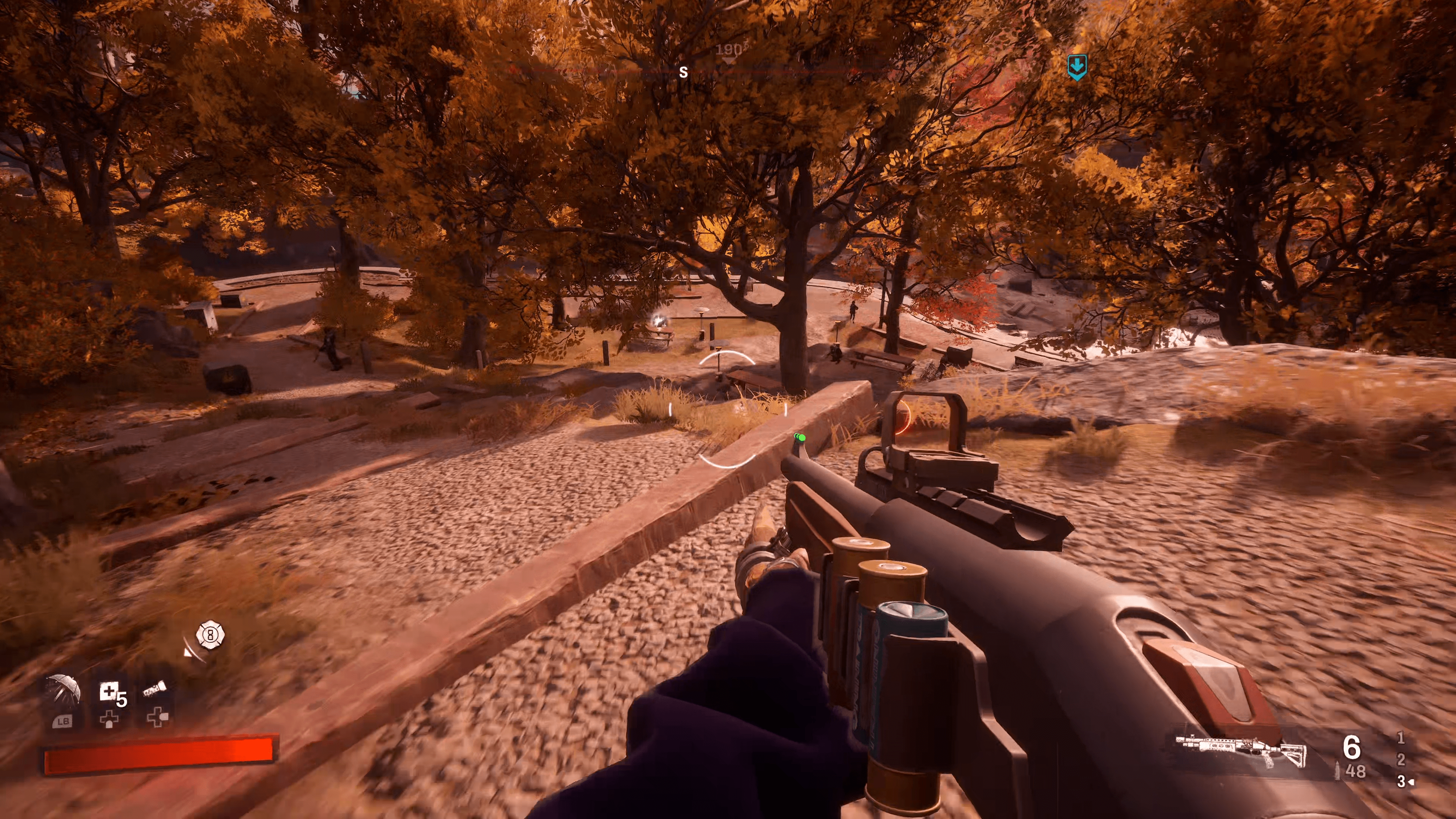
On paper, Redfall is a Miles-ass video game. A co-op horror shooter with RPG elements set in a heavily Stephen King-inspired small town is an elevator pitch I can absolutely get behind. While strange pockets of empty space and questionable set pieces are scattered around the open world, Redfall generally nailed its 80's horror aesthetic.
The quaint normalcy of suburbia is twisted and injected with tension. Vivid UV lighting cast by vampire-dissuading technology and dense layers of fog and mysterious blood mist covers the instantly unsettling canvas. Once welcoming family homes have become nightmarish reminders of the deadly threat facing the residents of Redfalll. Nostalgic landmarks like the local movie theater, typically associated with joy, are playfully perverted to instill a lingering sense of unease.
Horror is an outstanding vessel for dissections of uglier social dilemmas.
Vampire Nests and otherworldly psychic projections elevate this immaculate distortion of familiarity. Swimming pools, small shops, and residential properties hauntingly intertwine with organic vampire architecture to create unforgettable scenery. Much like the 'Upside Down' in Stranger Things, the psychic realm in Redfall presents a captivating and warped interpretation of the mind-body connection.
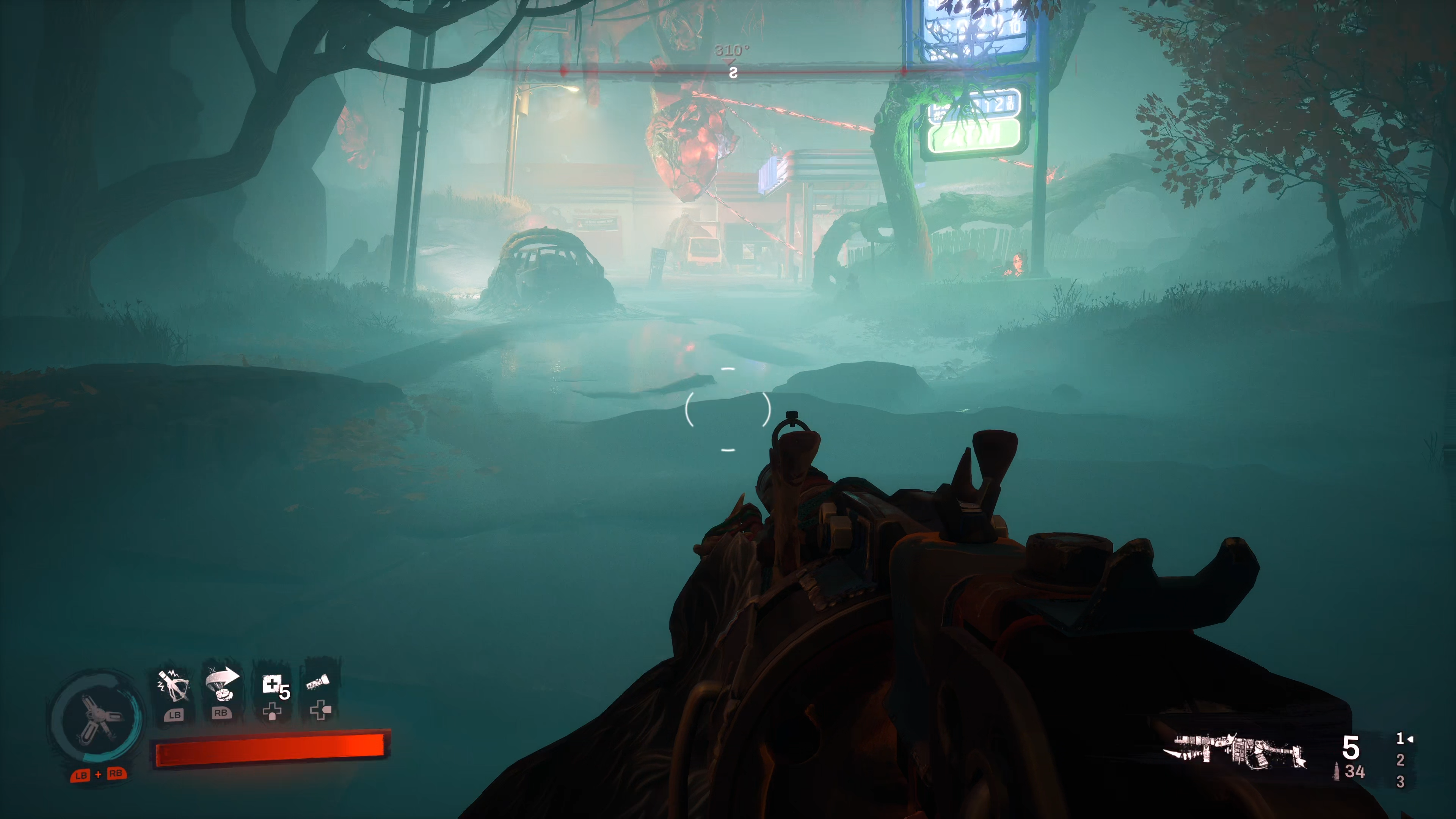
Despite my complaints about how it's presented (slide shows for cutscenes, text documents, and audio exposition dumps), I thoroughly enjoyed the core narrative in Redfall. The discussion regarding class struggles and how they relate to basic medical care, especially in the United States, are worth exploring. Horror is an outstanding vessel for dissections of uglier social dilemmas. Unchecked medical advancements designed to benefit a small percentage of the population manifested into an unstoppable vampiric outbreak.
Redfall's storytelling methods demand a lot from the average player. Given the other apparent criticisms of the game, I completely understand that the ask might be too intensive for folks to stick with. But if you're willing to invest the time and energy to explore the lore of Redfall, there are standout tales of desperation, loss, and greed-drenched human villainy. Even with sub-optimal performance, middling RPG mechanics, and limited quest variety, I still found myself thirsty for more of this world and its strange inhabitants.
The weight of exclusivity
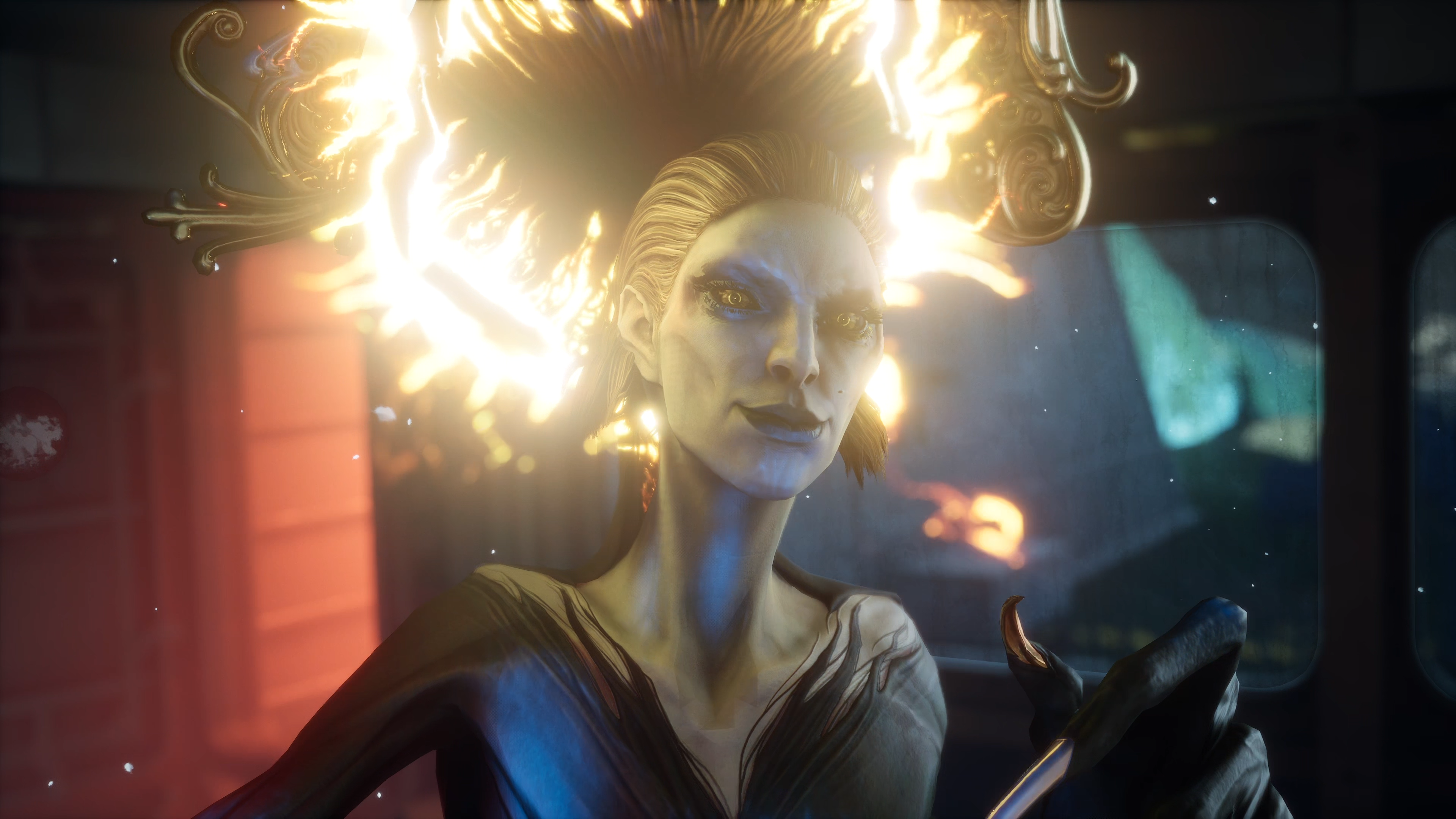
Given numerous positive reviews and noteworthy praise from even harsh critics, why were so many players willing to discredit and dismiss Redfall altogether? Ultimately, the weight of exclusivity boosted the negative perception of Arkane's shortcomings with the transition to Unreal Engine 4. Having your first open-world game promoted by and directly tied to one of the biggest gaming publishers in the industry sets extremely high expectations for delivery, whether we consider them fair or not.
Forspoken was subjected to the same passionate conversations earlier this year. As a $70 AAA exclusive for PS5, potential players were highly critical of the complaints regarding Forspoken's performance and dialogue. The exceptional magic system and fluid parkour mobility were downplayed in favor of highlighting the laundry list of grievances. While there will always be bad-faith arguments from enthusiasts who simply want to bang the console-war drums, I do wonder if exclusivity has fundamentally shifted our critical evaluation of certain video games.
If Redfall shipped as a lower-priced independent offering from Arkane, would the discourse have escalated in the same way? In this timeline, it's impossible for us to know. However, one thing has become abundantly clear. If you're going to charge players $70 for a video game and make it a platform exclusive, you better ensure it lives up to the expectations set by fans and other gargantuan AAA titles. Experimental titles like Redfall should thrive in Xbox Game Pass, and hopefully, this has been a great learning experience for everyone involved.







